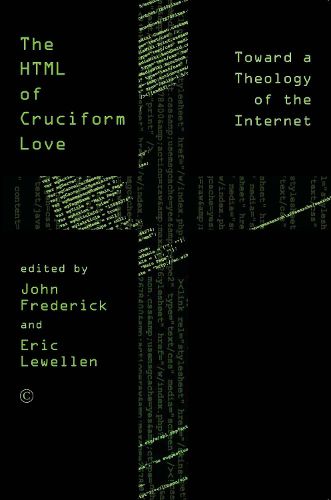Readings Newsletter
Become a Readings Member to make your shopping experience even easier.
Sign in or sign up for free!
You’re not far away from qualifying for FREE standard shipping within Australia
You’ve qualified for FREE standard shipping within Australia
The cart is loading…






Despite an increasing portion of our lives being conducted online, the topic of the internet is vastly underrepresented in the current literature on technology and theology. The HTML of Cruciform Love challenges outdated misconceptions about internet theology and asserts that there is no topic more pertinent to our daily walk as contemporary followers of Jesus Christ than the theological implications of the internet age.
These twelve essays investigate the themes of community and character formation in the digital realm. A host of interrelated sub-themes are represented, including the application of patristic theology to contemporary internet praxis, a demonology of the internet, and virtue ethics in cyberspace, while other studies consider the influence of internet technology on aesthetics, personhood, and the self. Together, the essays work towards a collaborative, constructive, cruciform theology of the internet as something more than a supplementary component to our personal lives; rather, it is a vital medium for the digital communion of the saints through the HTML of cruciform love.
$9.00 standard shipping within Australia
FREE standard shipping within Australia for orders over $100.00
Express & International shipping calculated at checkout
Despite an increasing portion of our lives being conducted online, the topic of the internet is vastly underrepresented in the current literature on technology and theology. The HTML of Cruciform Love challenges outdated misconceptions about internet theology and asserts that there is no topic more pertinent to our daily walk as contemporary followers of Jesus Christ than the theological implications of the internet age.
These twelve essays investigate the themes of community and character formation in the digital realm. A host of interrelated sub-themes are represented, including the application of patristic theology to contemporary internet praxis, a demonology of the internet, and virtue ethics in cyberspace, while other studies consider the influence of internet technology on aesthetics, personhood, and the self. Together, the essays work towards a collaborative, constructive, cruciform theology of the internet as something more than a supplementary component to our personal lives; rather, it is a vital medium for the digital communion of the saints through the HTML of cruciform love.